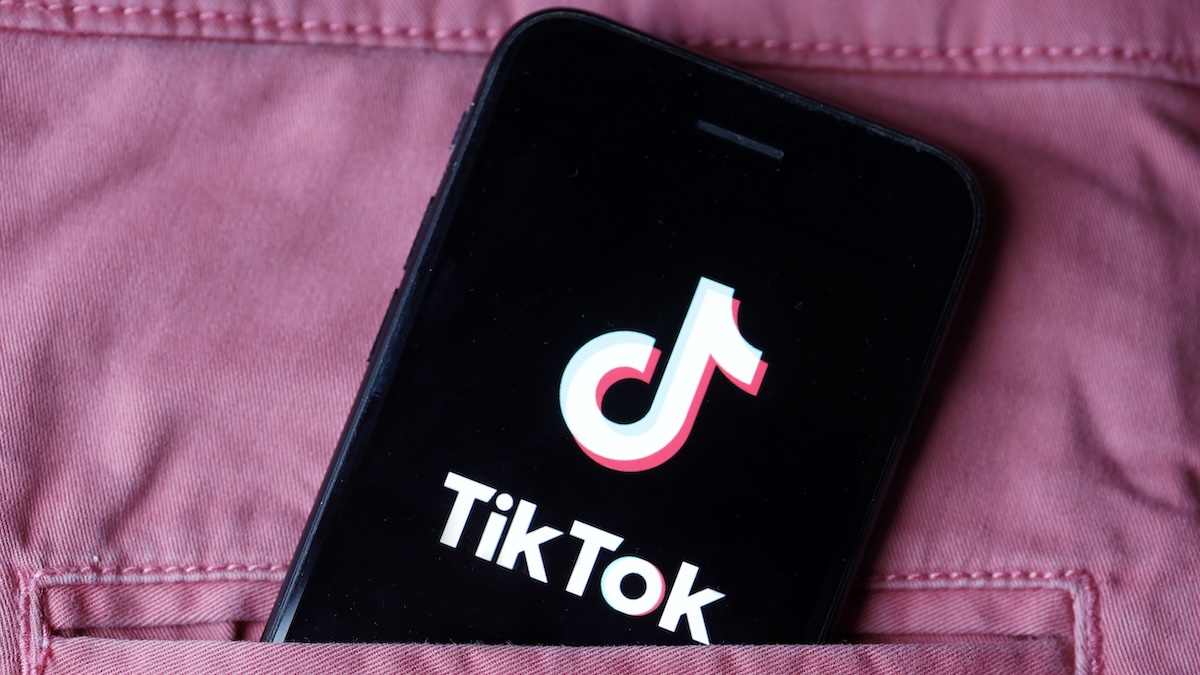TikTok Ban Threatens the Livelihood of Artists and Small Business Owners

TikTok, for most social media users, is an app where they could doomscroll to cat videos. For artists and small businesses in the US that thrived off the platform, the TikTok ban in effect is a threat to their livelihood.
Due to national security concerns over data collection, the US Congress decided to impose a ban against TikTok—an app owned by Chinese tech company ByteDance. Within hours, content creators were expressing their grief over the ban. Many have spoken up about how it takes their main source of income away. A post from singer-songwriter Jax (@jaxwritesongs) talked about how TikTok enabled her to put food on her table. “It provided me with the first equal opportunity platform to show my songs to the whole world.”
Another TikTok user claimed that the U.S. government “took away millions of people’s income and livelihood.” Compared to other platforms, TikTok also helps small businesses market their products with the help of TikTok users through their affiliate system. Through the TikTok Shop affiliate program alone, some content creators report earning over $1,000 a week. On the other hand, content creators who are on the TikTok creator fund can be paid $0.02-$0.04 per 1,000 views. Simply put, the meltdown is understandable. Creators and small businesses are losing more than just funny online clips. These are real jobs that earn people thousands of dollars in revenue.
Free speech hangs by a thread
It seems that the TikTok ban has been restored in the meantime. TikTok has also issued a statement that praised President Trump for preventing the ban. They wrote on X, “We will work with President Trump on a long-term solution that keeps TikTok in the United States.” This consistent praise of Trump has raised the eyebrows of social media users, who’ve called the ban a publicity stunt.
Regardless, the fight to keep TikTok accessible isn’t over. What’s more concerning is the ability of the state to censor a social media platform through vague concerns.
Have a tip we should know? [email protected]